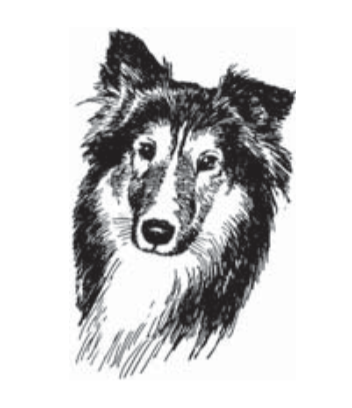Several years ago, I encountered a wonderful oral-history project called Us: Americans Talk about Love. The book collected wildly different points of view on love, and was very intimate—like listening up close to each person’s heart. I contacted the editor, John Bowe, and he told me surprising things about his process (he also coedited Gig: Americans Talk about Their Jobs). He said he was really interested in getting a diversity of voices, and that to accomplish this, he asked people all over the country, of different class, regional, and racial backgrounds, to conduct and partially edit the interviews (I had assumed he’d conducted and edited most of the interviews himself). He explained that while he oversaw the process, he wanted other people’s voices and priorities to compete with and expand on his own. It was exciting to see someone working in the tradition of the great American oral-history master Studs Terkel, and altering it. I asked John if he wanted to work with Believer readers on a new project, and we settled on the subject of dogs, agreeing that the relationship between humans and dogs would be an interesting gateway into all sorts of emotions and experiences.
The following interview, the first in the series, was conducted by Krista Whetstone.
—Sheila Heti
RYAN: Eva and I had a dog when we were first married: this great old shepherd mix, Ruby, who had been a stray in Brooklyn—incredibly great, incredibly sweet, and incredibly protective of us and protective of the cats, but very easygoing.
A couple years after Ruby died, Eva wanted to get a new dog. Eva likes having a dog. It sort of orders her life in a way she likes her life to be ordered. We found Satchel when he was about four. The previous owner loved him to pieces, but he was just very, very high-maintenance, and she had to get rid of him. Eva bonded with him pretty strong right off, even though Satchel was a very different kind of dog than Ruby.
Satchel was a Shetland sheepdog. Shelties are usually very little, but he was about thirty-five to forty pounds, which is huge for a sheltie. Imagine a long-haired collie, but sturdier. Super-long fur, like a tricolored collie, black and white and brownish. He had a blaze on his nose, a white stripe—very distinctive. He behaved like a little dog. He would jump on your lap as if he weighed fifteen pounds. He also loved most kinds of fruit, which was unusual for a dog. Apples, apricots. He loved the smell of bananas. He would beg for some, and if you gave him one, he wouldn’t eat it....
You have reached your article limit
Sign up for a digital subscription and continue reading all new issues, plus our entire archives, for just $1.50/month.
Already a subscriber? Sign in





